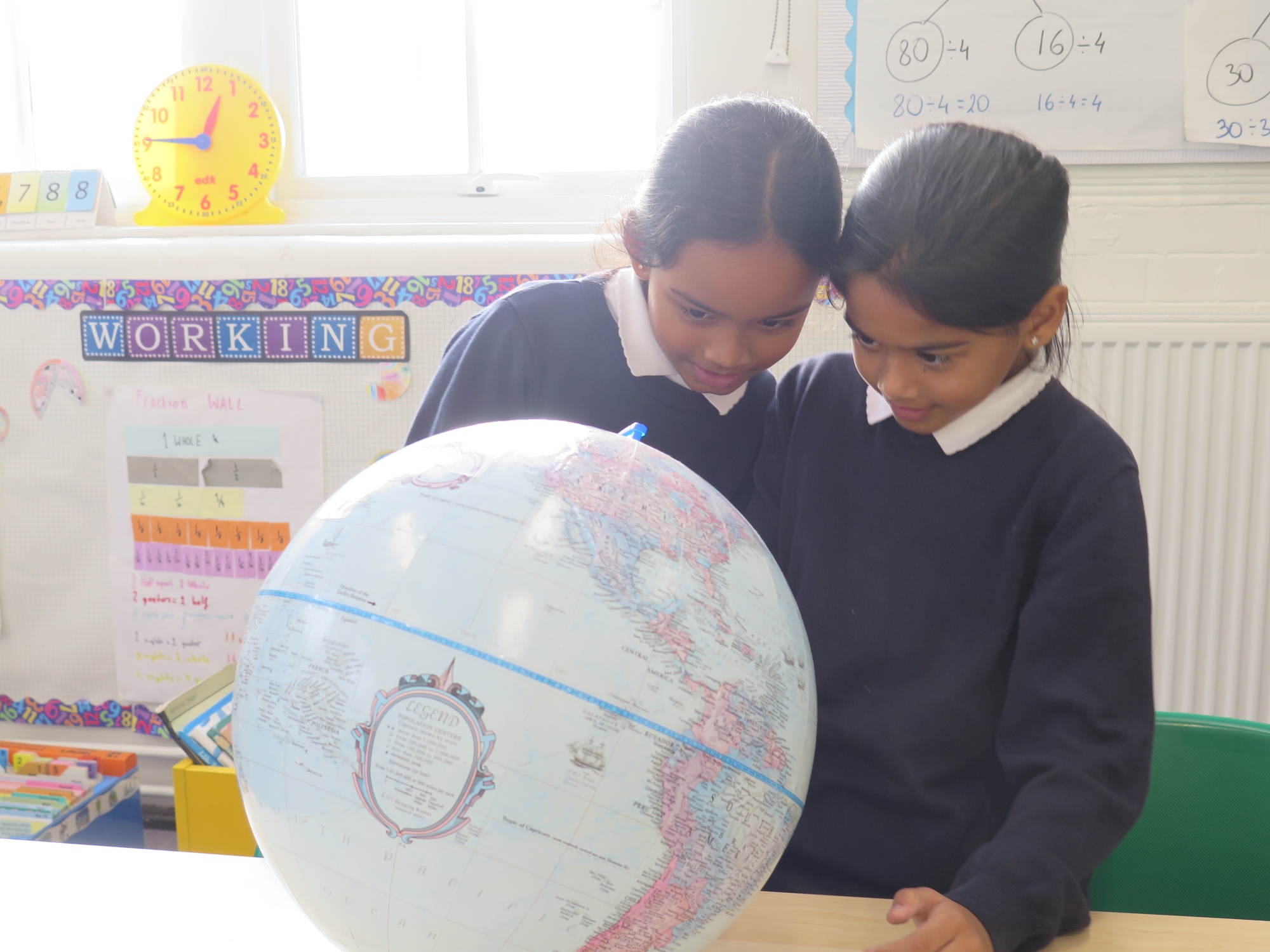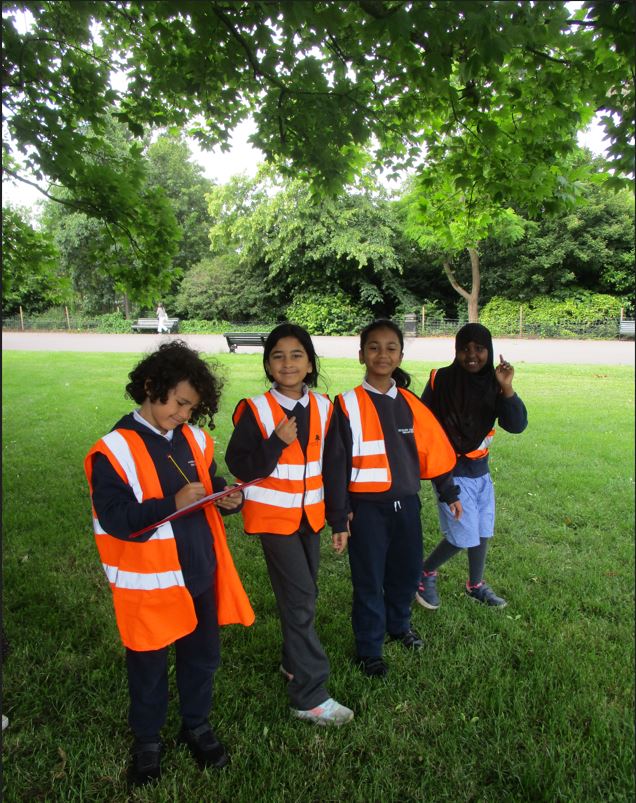Geography
Our Geography curriculum aims to inspire pupils to become curious and explorative
Our Geography curriculum enables pupils to meet the end of key stage attainment targets in the National curriculum. The aims also align with those in the National curriculum for Key Stage 1 and 2. For EYFS, the activities allow pupils to work towards the ‘Understanding the world’ Development Matters statements and Early learning goals, while also covering foundational knowledge that will support them in their further Geography learning in Key stage 1.
Each year, children cover three units of learning in Geography. Cross-curricular links are included throughout each unit, allowing children to make connections and apply their Geography skills to other areas of learning. Our enquiry questions form the basis for our Key stage 1 and 2 units, meaning that pupils gain a solid understanding of Geographical knowledge and skills by applying them to answer enquiry questions. We have designed these questions to be open-ended with no preconceived answers and therefore they are genuinely purposeful and engage pupils in generating a real change. In attempting to answer them, children learn how to collect, interpret and represent data using Geographical methodologies and make informed decisions by applying their Geographical knowledge.

Each unit contains elements of Geographical skills and fieldwork to ensure that fieldwork skills are practised as often as possible. Our units follow an enquiry cycle that maps out the fieldwork process of question, observe, measure, record, and present, to reflect the elements mentioned in the National curriculum. This ensures children will learn how to decide on an area of enquiry, plan to measure data using a range of methods, capture the data and present it to a range of appropriate stakeholders in various formats.
Fieldwork includes smaller opportunities on the school grounds to larger-scale visits to investigate physical and human features. Developing fieldwork skills within the school environment and revisiting them in multiple units enables pupils to consolidate their understanding of various methods. It also gives children the confidence to evaluate methodologies without always having to leave the school grounds and do so within the confines of a familiar place. This makes fieldwork regular and accessible while giving children a thorough understanding of their locality, providing a solid foundation when comparing it with other places.
Our Geography curriculum supports pupils to:
- Compare and contrast human and physical features to describe and understand similarities and differences between various places in the UK, Europe and the Americas.
- Name, locate and understand where and why the physical elements of our world are located and how they interact, including processes over time relating to climate, biomes, natural disasters and the water cycle.
- Understand how humans use the land for economic and trading purposes, including how the distribution of natural resources has shaped this.
- Develop an appreciation for how humans are impacted by and have evolved around the physical geography surrounding them and how humans have had an impact on the environment, both positive and negative.
- Develop a sense of location and place around the UK and some areas of the wider world using the eight-points of a compass, four and six-figure grid references, symbols and keys on maps, globes, atlases, aerial photographs and digital mapping.
- Identify and understand how various elements of our globe create positioning, including latitude, longitude, the hemispheres, the tropics and how time zones work, including night and day.
- Present and answer their own geographical enquiries using planned and specifically chosen methodologies, collected data and digital technologies.
